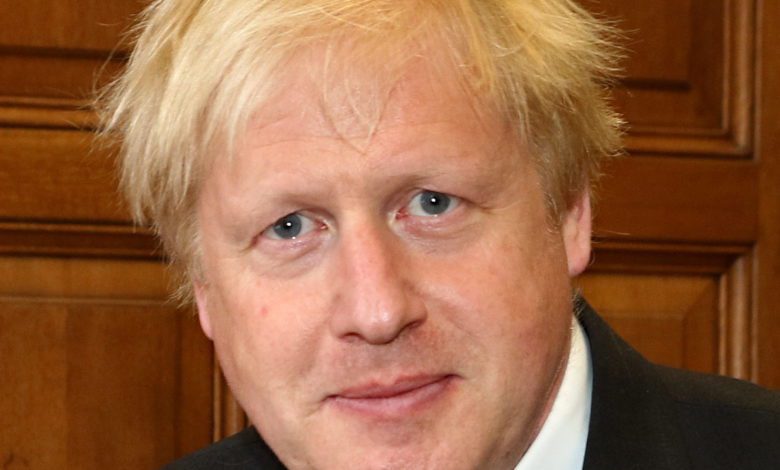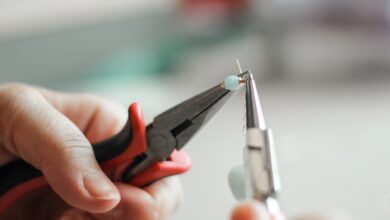Lockdown to persist says Johnson, clergy weigh in on behaviour of corona-corporations

The PM is back at his desk and says the lockdown must continue for the foreseeable future, and it would be premature to consider lifting now. After having been struck down with COVID-19 himself – and ending up in intensive care – the premier has finally convalesced and spoke from a podium outside Number 10 this morning.







